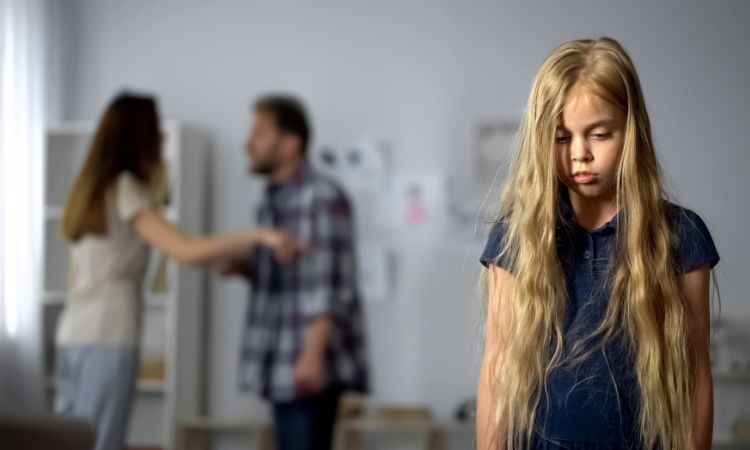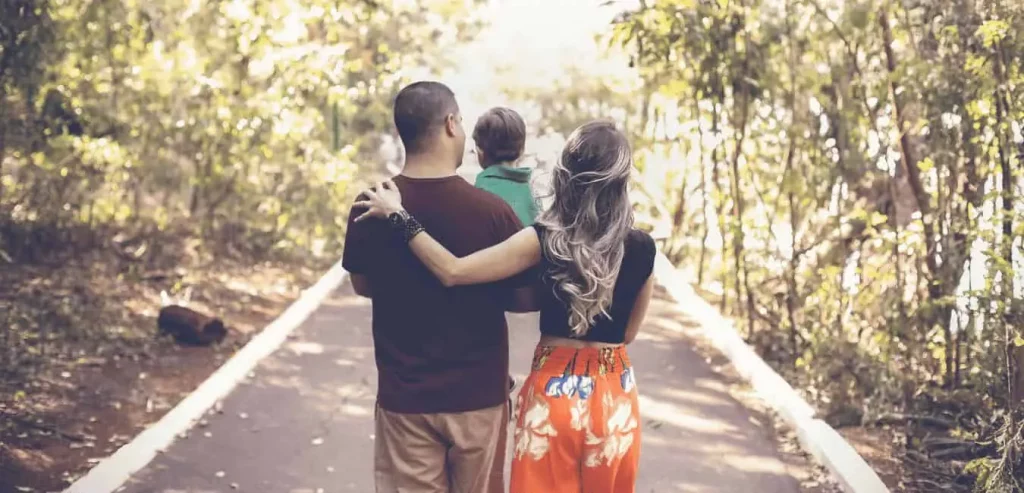
How to Heal from Childhood Trauma
Research shows that children are resilient, but how can someone bounce back from such a horrible, traumatic event or multiple events? If you or someone you know has gone through any form of childhood trauma, you may be wondering the same thing.
Childhood trauma can result in many long-lasting, severe effects. If these are left unresolved, the person’s life can spiral out of control. Sometimes, this can lead to depression, anxiety, relationship issues, lack of self-confidence, suicidal thoughts, suicide attempts and so much more.
If you or someone you know is struggling with childhood trauma issues, our Riverwalk team wants you to know that you aren’t alone. We believe that with the proper tips and the right mental health and addiction treatment options, you can bounce back and be your true self again.
Acknowledge What Happened
There are so many people who are in denial about the trauma they have experienced. Others may have repressed the memories. If you are going to work through and overcome issues related to childhood trauma or any type of trauma for that matter, you must acknowledge what happened. You must admit the event took place, even if only in the beginning, you repeat this to yourself.
Reclaim Your Control
You are in control of your own life and how it turns out. We know it may not feel like that right now, but things are going to get better. Your feelings of helplessness can go away and you can stop feeling like a victim and be a survivor instead. This is going to take some work and commitment on your end, but ultimately if you choose to regain control over your life, it is going to help you live in the present and plan for your future.
It is important to know that there may always be some resistance in your life when the past comes up, but if you can keep working on your recovery and your general health, things can get better.
Get the Support You Need
Everyone needs a support system in place. However, many people who have experienced childhood trauma don’t have this. It is natural for people who survived trauma to process in silence and withdraw from other people in their life.
The problem is that continuing to go about relationships in this manner isn’t going to help you heal. Proper healing requires connections and support. Maybe, you have a friend you can stop over and see once a week. You might have a family member who can go to family therapy with you. You can speak with an individual counselor. All these tips can help you to get the support you need in recovery.
Put Your Health First
How you cope with stress really does impact your physical and general health. If you are survivor of childhood trauma, you may find that your schedule and routines are all over the place. Now, it is time to take a step back and look at your lifestyle. How much rest are you getting? Do you eat a well-balanced diet? Are you exercising enough? Do you avoid drugs and alcohol? You may have been self-medicating with drugs and alcohol to get relief from the emotional pain. However, these substances also take a toll on a person’s physical health, just like stress does.
You can put your health first – you may need support and encouragement from others and to take accountability for doing so, but this is possible.

Accepting It and Letting Go
You may even think you have let go of the past. However, it could be holding onto you in various forms. It is essential that people who experienced childhood traumatic events learn how to accept what happened. This one of the best ways to start letting go of it and moving forward.
It should be noted that letting go of your past doesn’t mean that it instantly is gone. Your past is always going to be there. However, you can choose to leave the bad feelings and memories behind as much as possible. You can decide that you are going to build positive, good, happy memories instead. You decide that you are going to live the life you deserve.
Start Replacing Bad Habits
Most people who have experienced trauma in their lives have bad habits that come about in various forms. One of these habits may be not trusting others no matter what good they do in your life. You may also have a negative attitude toward life. It could be that you are turning to drugs and alcohol to cope with your feelings.
It can be truly difficult to break bad habits, especially when you feel you don’t have any control over what is happening to you. The recovery process does take time. However, when you start realizing that your bad habits are just crutches that help to hide the pain, you can begin to replace those habits with good, healthy ones. Over time, you will start to see a huge difference in how changing your habits can positively impact your life.
Have Patience with Yourself and Others
Dealing with recovery from childhood trauma is difficult. You are going to be dealing with ups and downs. You might take two steps forward only to then take five steps backward. There isn’t a set process or timeline for how this type of recovery works. This is why you must have patience with yourself. By understanding that what you dealt with as a child is causing your hopelessness, uncontrollable emotions, defense mechanisms and altered perceptions, you can find ways to heal. No matter how small each step in the right direction is, congratulate yourself and be proud of the work you have put in. Be patient while you achieve the next step in recovery.
In addition to being patient with yourself, you should do your best to be patient with the people in your life, as well. They are trying to be there for you, but sometimes due to your defense mechanisms, it can be difficult for them to connect with you. They are seeing you go through all these tough times and there isn’t much they can do to change things for you. By having patience with your friends and loved ones, it can open you up to even further healing and improved relationships, too.
Get Treatment to Overcome Childhood Trauma Starting Today
Do you struggle with issues stemming from childhood trauma? If so, now is the time to start getting treatment to overcome childhood trauma. You don’t have to make overnight progress, in fact, that’s not how it works, but you can take the first step by calling us here at Riverwalk Recovery Center today.
